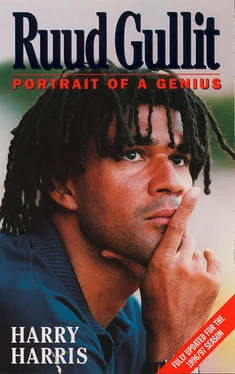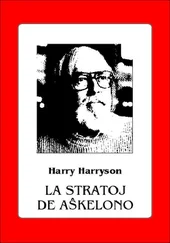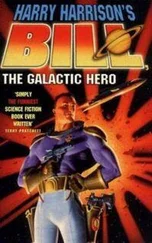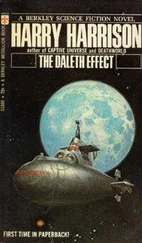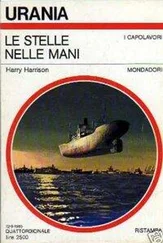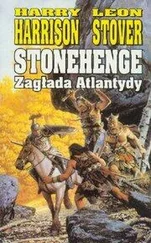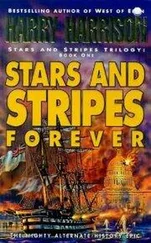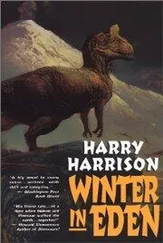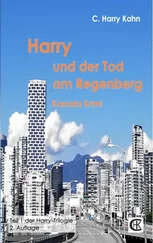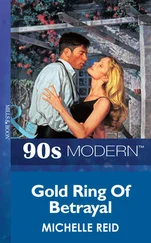Gullit explained his decision at the time: âThe choice I made was with the heart instead of the head. I wasnât thinking about money. I was thinking as a player, not a businessman. I needed a fresh challenge as a football player and that is why I was interested in coming to England. In my eight years in Italy, I never thought Iâd ever play in England. I had won everything I wanted to win in Italy and I wanted to end my career there, but things happened which changed that. I had some interesting offers, but when Glenn called me, I knew I had to take up this challenge.
âI felt at home in England from the very first day. Iâve never experienced anything like that before. I love the language, the way the people treat you, and everything else is so much similar to life in Holland. And, itâs so close to Holland. I was brought up in the city of Amsterdam. Amsterdam is cosmopolitan and so is London. I like the life of the city and for me, Chelsea is a very nice part of London.â
Gullit has always had an affinity for the English game. âI had the chance to come to England at the beginning of my career, but I felt I was too young. I canât remember which club wanted me ⦠I think it was Leeds.â In fact Spurs, Arsenal and Ipswich were also very interested.
Gullit might even have played in the same side as Hoddle at Spurs. Peter Shreeves, the then Spurs coach and later assistant to Hoddle at the Bridge, did his best to take Gullit to White Hart Lane in 1984. Shreeves recalls: âOne of my tasks at Spurs was to prepare a file on European opposition. When we drew Feyenoord I saw this boy playing sweeper and I thought he was just magnificent. I came back to the club and told manager Keith Burkinshaw that I had just seen one of the most exciting young players around. It just so happened that I went over to Dublin to watch Chris Hughton play for the Republic of Ireland, and there was this Dutch winger flying past him. Now, I knew how quick Chrissie was, so this player had to be pretty fast to do that. And, it turned out to be the same player I had seen as the Feyenoord sweeper.â Spurs made a big effort to sign Gullit but Shreeves pointed out: âHis agent didnât think it was the right time for him to move abroad, and he was probably quite right.â
Chelseaâs quest for Gullit began early in 1995 when Hoddle was already plotting ahead to rebuild his side. He had been a long standing admirer of Gullit and was hot on his trail from the second he became aware he was available on a free transfer from Sampdoria. It was in a UEFA Cup tie back in 1984 that Hoddle first encountered Gullit in a match. It was a clash against Feyenoord where one of Hoddleâs heroes, Johan Cruyff, was coming to the end of his illustrious career. Hoddle recalls: âRuud was a youngster. I was playing for Spurs when we knocked Feyenoord out of Europe. He was used as a sweeper that day and he was also in the same position when we played against PSV Eindhoven in a pre-season friendly a couple of years later. I recall his wonderful reading of the game, his passing and anticipation. Even at that age he could run the match. It made a big impression on me and, of course, I have watched and admired his career ever since.â
On Friday 19 May 1995, Hoddle made a whistle-stop tour of Italy in his quest to link up Paul Gascoigne, then unsettled at Lazio, with Gullit. The Chelsea boss flew directly from a meeting with Gazza in Rome to Milan, where he met the Dutch star. The meeting with Hoddle was one of like minds. Hoddle wanted a dominant sweeper and was shocked when he discovered that Gullit wanted precisely that role.
Hoddle recalled that first meeting. âI had played against him, nodded to him after matches, but had never met Ruud. That first meeting was to make contact. We talked football, and I told him where I wanted him to play and what I expected from Chelsea. We returned home without any assurances, but then I began to hear there might be a chance we could get him. I was desperate to keep it quiet, which is not easy these days.â
Chief executive Colin Hutchinson accompanied Hoddle on his Italian sojourn. Hutchinson said: âOur No 1 target was always Ruud Gullit but we wanted Gazza as well. In fact, I was the first person to sit down with Lazioâs Sergio Cragnotti and Dino Zoff and we agreed a fee of £4.25 million. Then we spoke to Gascoigneâs advisors Len Lazarus and Mel Stein and agreed a deal on personal terms. But the key to it was always going to be Paul himself. We always prefer to sit down with the player first, to gauge his ambitions and find out if he really wants to play for Chelsea. But this time it all happened the opposite way around.
âGlenn and myself talked things over with Gazza over a meal. He was polite and friendly and we joked a little â especially when Gazza swallowed the crown to his tooth that he had just had fitted! But I came away from the meeting feeling that Gazza did not really want to play for Chelsea.
âThe next day we had made secret arrangements to go to Milan to see Gullit. But that morning Glenn and I saw an Italian newspaper and although neither of us know much Italian, we knew enough to read that it said Gullit was about to sign for Chelsea. We had arranged to meet him at the AC Milan offices at 4 pm but when we got there it was swarming with Press men. We met an agent there and he sent us to a nearby hotel and then on to another agentâs office. But there was still no sign of Gullit. We told them that if we didnât see him shortly then they could forget the deal. At 5 pm we were back at the AC Milan offices and when Glenn and I walked through the door, Ruud was already there.
âI asked, âWho are we negotiating with?â, meaning agents and he replied, âJust me.â I thought that was a refreshing change. In that meeting we spoke about nothing but football, no money was even discussed, unlike with Gazza. His enthusiasm for the game came over and all he wanted to know was about Chelsea, how Glenn wanted the side to play and how Glenn wanted him to play. He asked for time to think it over and a few days later rang Glenn to say he wanted to talk further. We flew to Milan in secret a week later and had a two-hour meeting where we discussed terms and made him our best offer.
âWe knew we were certainly not making him the best financial offer. Ruud could have gone to Japan and earned £3 million a year. But he was interested in the football side rather than the money. And our biggest advantage was that he got on so well with Glenn. There was a mutual respect there. So, even though we knew he could earn a lot more money elsewhere, we always felt fairly confident of signing him.â
Gascoigne, meanwhile, had not made up his mind where to go after Italy. Gazza said: âI have spoken to Chelsea, Aston Villa and Glasgow Rangers. Iâve heard rumours about Leeds and I think I will speak to them next week.â He eventually opted to switch to Scottish football, accepting a mega-offer from wealthy Rangers.
With Gullit available on a free transfer, there were clubs all around the world interested in his signature. Bryan Robson and Ray Wilkins entered the battle with their old England pal Hoddle. Wilkins said: âDonât believe all this clap-trap that he is over the hill. Gullit is a very fit man. I had the privilege of playing against him for AC Milan when he was with PSV Eindhoven. Ironically, when he arrived at AC Milan, he took my place!â Gullitâs preference to return to the sweeper role he made famous at the start of his career did not bother Wilkins: âI donât care where he plays, he can even have a turn out in goal if he likes, I just want him here at this club.â
Hoddle knew Gazza was Glasgow Rangers bound, which made him all the more determined to land Gullit, particularly as Graeme Souness, then the newly installed manager of Turkish side Galatasaray, moved in for Gullit, with an offer on the table of £1 million-a-year in wages.
Читать дальше
